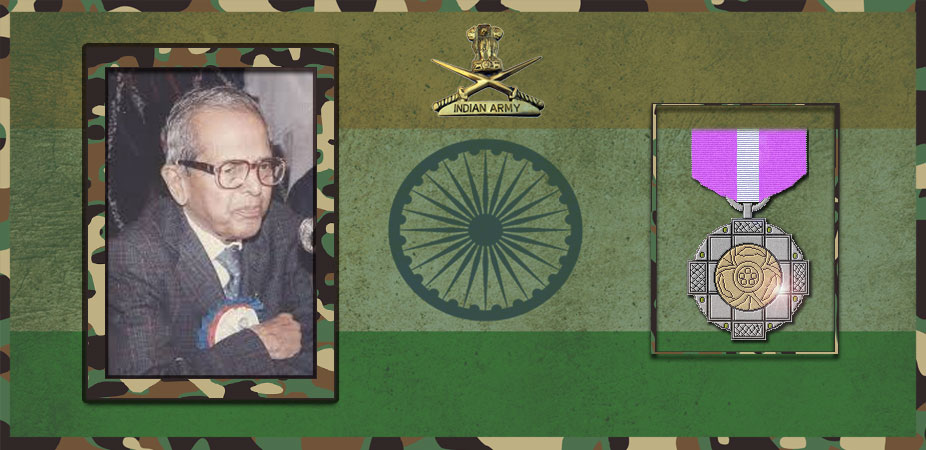Let's salute to our Indian Army together, We are proud to be Indian.
Let's salute to our Indian Army together, We are proud to be Indian.

Pandurang Vasudeo Sukhatme (1911–1997) was an award-winning Indian statistician. He is known for his pioneering work of applying random sampling methods in agricultural statistics and in biometry, in the 1940s. He was also influential in the establishment of the Indian Agricultural Statistics Research Institute. As a part of his work at the Food and Agriculture Organization in Rome, he developed statistical models for assessing the dimensions of hunger and future food supplies for the world. He also developed methods for measuring the size and nature of the protein gap.
His other major contributions included applying statistical techniques to the study of human nutrition. One of his ideas, the Sukhatme–Margen hypothesis, suggested that at low calorie intake levels, stored energy in the body is used with greater metabolic efficiency and that the metabolic efficiency decreases as the intake increases above the homeostatic range. This involved paying attention to intra-individual variability that was found to be more than the inter-individual variability in protein or calorie intake. He gave a genetic interpretation of the intra-individual variation jointly with P. Narain.
He was awarded the Padma Bhushan by the President of India in 1971
Sukhatme was born on 27 July 1911 in village Budh, district Satara in the state of Maharashtra in India. He graduated in 1932 from Fergusson College with Mathematics as principal subject and Physics as subsidiary subject.
From 1932 to 1936, he studied at University College London where he was awarded a Ph.D. in 1936 and a D.Sc. in 1939 for his work on bi-partitional functions. With J. Neyman and E. S. Pearson he made significant contributions in the statistical theory of sampling which was instrumental in his subsequent research in sampling theory of survey and improvement of agricultural statistics in India. This ushered in what may appropriately be termed as Sukhatme era in the development of agricultural statistics in India.